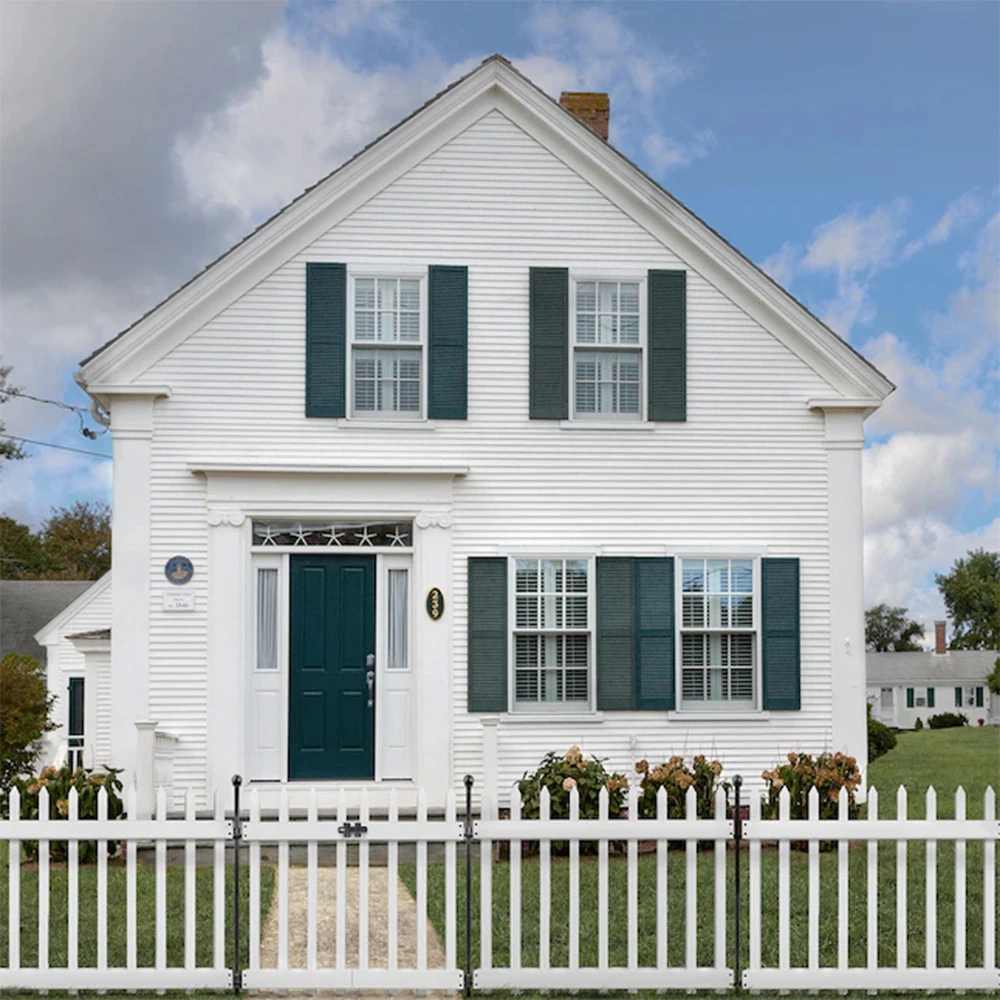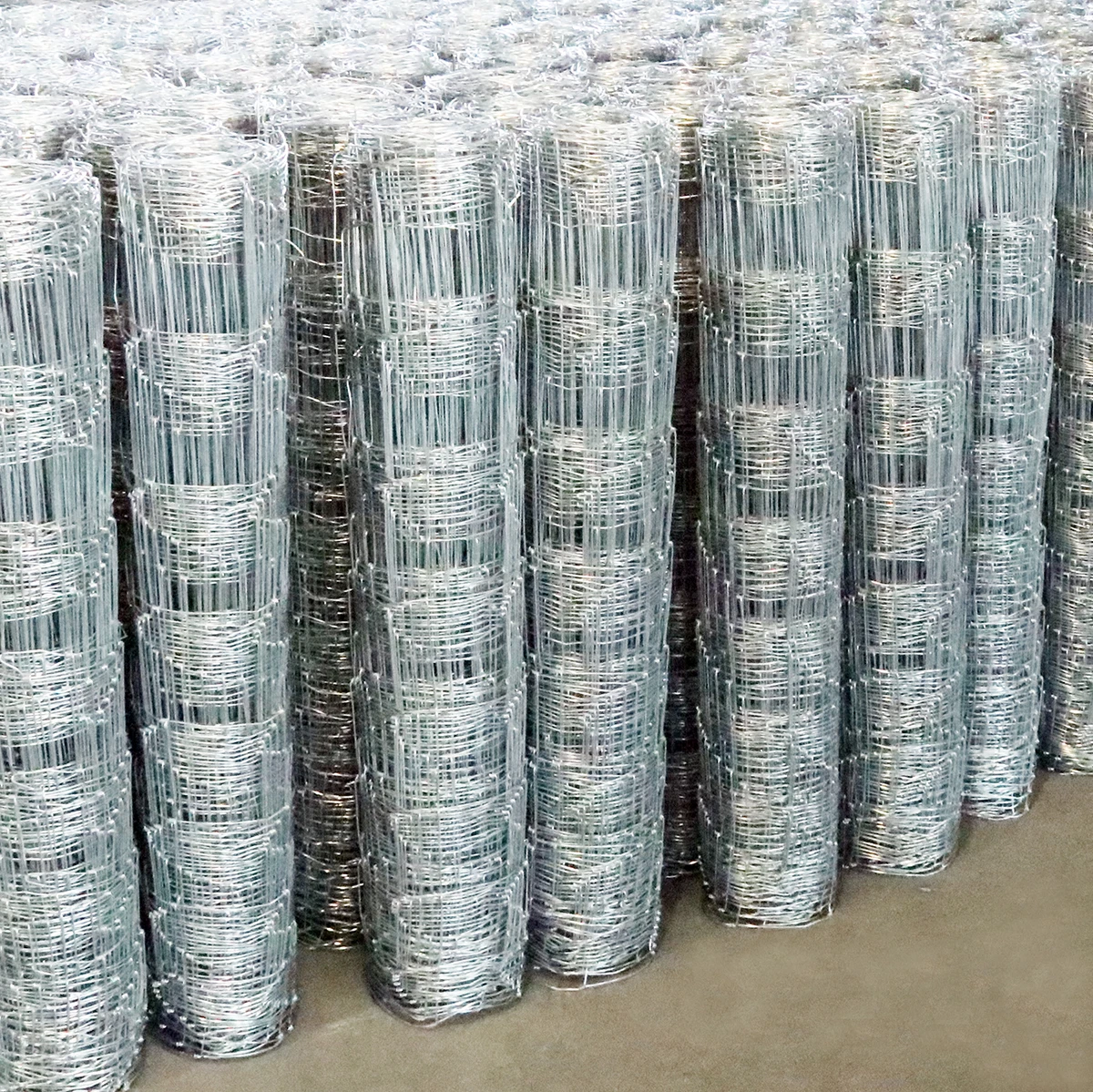small ground screws
Nov . 04, 2024 22:01
Exploring Small Ground Screws A Versatile Solution for Stabilization and Support
In the realm of construction and landscaping, the need for reliable and efficient foundations is paramount. Among various foundation solutions, small ground screws have emerged as a versatile and effective option for projects ranging from residential structures to temporary installations. This article delves into the features, benefits, and applications of small ground screws, highlighting their growing popularity in modern construction practices.
What are Small Ground Screws?
Small ground screws, also known as helical piers or screw piles, are metal bars with helical plates that are twisted into the ground to provide support. Typically made from galvanized steel, these screws are designed to be inserted into various types of soil. Their helical design allows them to be driven into the ground with minimal disturbance, making them an ideal solution for both residential and commercial applications.
Advantages of Small Ground Screws
1. Ease of Installation One of the most significant advantages of small ground screws is their ease of installation. Unlike traditional concrete foundations, which require extensive excavation and curing time, ground screws can be installed quickly, often in just a few hours. This efficiency can significantly reduce project timelines and labor costs.
2. Minimal Ground Disturbance Ground screws require minimal excavation, which makes them an environmentally friendly option. Their installation process reduces soil displacement, preserving the natural landscape and minimizing the potential for soil erosion. This feature is particularly advantageous for projects near sensitive ecosystems.
small ground screws

3. Load-Bearing Capacity Despite their small size, ground screws possess impressive load-bearing capabilities. They are designed to withstand significant axial and lateral loads, making them suitable for various structures, including decks, fences, and small buildings. Their load-bearing capacity can be further enhanced by adjusting the number and configuration of screws used in a project.
4. Adaptability to Soil Conditions Small ground screws are effective in various soil conditions, from sandy to clay-like soils. This adaptability means they can be used for projects in locations where traditional foundations might fail. They are also an excellent option for uneven terrain, as they can be adjusted to accommodate different elevations.
5. Reusability One of the most attractive aspects of small ground screws is their reusability. If a project is dismantled, the screws can be easily removed and reused in other applications. This is not only cost-effective but also environmentally sustainable, as it reduces waste associated with traditional foundation methods.
Applications of Small Ground Screws
Small ground screws have a wide range of applications across various sectors. In residential construction, they are commonly used for supporting decks, patios, fences, and small garden structures. In commercial settings, they provide support for temporary structures, billboards, and signage. Additionally, they are increasingly utilized in renewable energy projects, such as solar panel installations, where their rapid installation can help expedite the process of setting up solar farms.
Conclusion
As the construction industry continues to evolve, small ground screws offer a practical and innovative foundation solution. Their ease of installation, minimal ground disturbance, impressive load-bearing capacity, adaptability, and reusability make them an attractive choice for a variety of projects. Whether for residential, commercial, or renewable energy applications, small ground screws are a testament to how modern engineering can provide effective solutions while respecting the environment. Embracing this technology can lead to more efficient, sustainable, and flexible construction practices that meet the demands of today’s builders and homeowners alike.









 Unity
Unity Creation
Creation Challenge
Challenge Contribution
Contribution










